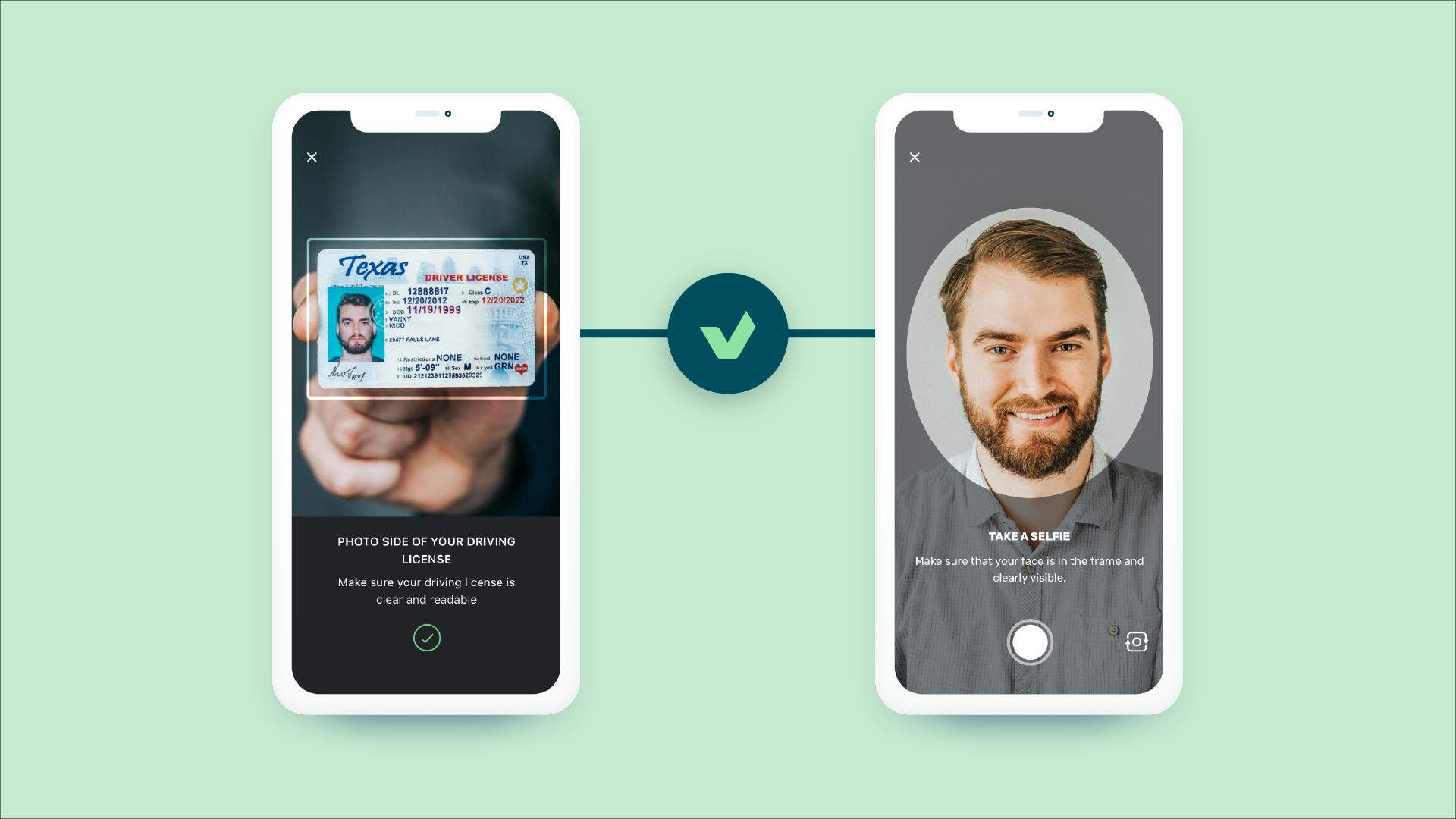Why does my identity need to be verified?
Digital identity verification is a part of life these days. With our online lives becoming increasingly complex and multifaceted, it is natural that our online identity also needs to be better protected.


Chris Hooper
So, what is identity verification? In its rawest sense, identity verification for customers is about proving who they are so that they can go about their daily business without being interrupted. For businesses, it is about protecting their digital databases and being sure that their customers are, well, real.
Proving the reality that you are who you say you are is all about trust. As we say in Part 1 of our Veriff Identity Fraud Report, “trust online is increasingly difficult to uphold”.
In building trust, everyone is accountable. Take Airbnb for example. They have created a wildly successful model that is based entirely on trust. The host trusts the traveller and the traveller trusts the host. Both parties have to verify their identities and secure honest and positive reviews. Trust builds trust.
Let’s have a look at the evolution of identity verification and break down why it is important for both businesses and consumers alike.
The evolution of identity verification
Identity documents have gone through quite the evolution over the past 600+ years. Paper passports have developed into having little microchips, banking that once had to be done in person can now be done at the push of a fingerprint and phones, once accessible to anyone who picked them up, can now recognise faces.
It was once the turn of paper documents to evolve, and it is now natural that digital identity verification should follow suit and evolve as well. Processes that currently seem unfamiliar and infrequent will one day be everyday occurrences.
This is not least because identity verification is having to stay ahead of online threats and fraud as they grow in sophistication. It appears that one is constantly chasing the other in a never-ending race where the rules are often changing.
Over the next few years, we anticipate that we will see an increasing number of verification checks for online services like marketplaces, social media platforms, gaming, fintech, online reviews and cryptocurrencies.
These sectors are all part of life now, and therefore real life must be verified.
There is a balance though, in creating and adhering to compliance procedures. If online identity verification is too complicated and takes too long, then customers will understandably give up and move on. If it’s too basic, then consumers may be too wary to use it and fraudsters will be able to take advantage.
According to CSO, data breaches exposed in excess of 5 billion records in 2018. This demonstrates how important it is for businesses to have a reliable way to confirm their customer’s identity and then keep this information secure.
As the world evolves, anybody who uses the digital world to do anything – and we mean anything – needs the online platforms they use to have robust and trustworthy security systems in place.
Why do companies need online verification?
As businesses strive to put identity verification systems in place, what they are really doing is embarking on a quest for real customers. Whether this is winning new customers because they are impressed with their digital processes, or whether this is building loyalty within their existing customer bases.
As companies try to stay competitive in our progressively digital world, more and more customer-facing interactions will now occur on a screen rather than face-to-face.
PwC’s Protect.me survey found that only 25 percent of consumers believe companies handle their personal information responsibly and 87 percent will take their business to a competitor if they don’t trust a company to handle their data responsibly. The research also found that 92% of consumers agree that companies must be proactive about data protection.
According to The Drum, failure to build trust undermines customer loyalty and can also damage a company’s revenue. Neil Bayton, Head of UK partnerships at Trustpilot told The Drum that “On a fundamental level, a consumer will only buy from a business if they believe they will fulfil their basic promises”.
The benefits of identity verification for businesses are as follows:
- Saving time and money: Digitizing the onboarding process for new customers can decrease operational costs and save a whole lot of time for everyone involved.
- Better user experience = higher conversion rates: Customers may have moved online, but they still want a great experience when they use your service. In the olden days, this would have involved a friendly smile and a steady handshake, but these days it means a fast website and user-friendly processes.
- Real-time identity verification: This allows fraud to be stopped before it even has a chance to begin. Real-time facial biometrics add extra assurances and cut out the chance of fake IDs being used.
- Regulation compliance: There are currently more than 90 countries with compliance regulations stating that it is mandatory to verify customer identities and keep identity records. As governments and trade bodies seek to implement ever-changing stringent measures to prevent fraud and other crimes within fintech services and processes, companies need to keep up to ensure they aren’t left behind.
Why do customers need online verification?
First of all, and maybe most importantly, you don’t want some Creepy Tom stealing your identity. Honest consumers deserve to be able to carry out their business without looking over their shoulder for fraudsters. And the fraudsters? Well, we’ll keep what we think should actually happen to them to ourselves, but at the very least they deserve to be stopped!
Customers 100% need identity verification, but it does become meaningless if it is clunky, unusable and an obstacle rather than an advantageous part of the process. The easier it is, the happier everyone is, and trust can be built and nurtured for both parties. Savvy consumers deserve fast, digital & mobile friendly processes (coincidently, these words all describe Veriff’s system)!
If the businesses customers engage with and buy from have seamless identity verification processes, then there are numerous perks:
- Better user experience: Digital identity verification allows whatever fintech, gaming or purchasing activity a customer is doing to be carried out at whatever time and location suits them.
- Security: It is a worrying thought that every digital action could result in unwanted fraudulent activity. By using companies that have secure identity verification systems in place, customers can sleep easy knowing that their data is being handled and stored securely.
- Faster onboarding: If a customer has decided they want to use a particular service then the last thing they want is a barrier in their way. Identity verification can speed up the ‘sign-up’ process, which is a win-win for everyone.
Trust between customers and online business is hard to find yet easy to lose. Having secure identity verification steps in place builds honest relationships and loyal customers. Trust us.


